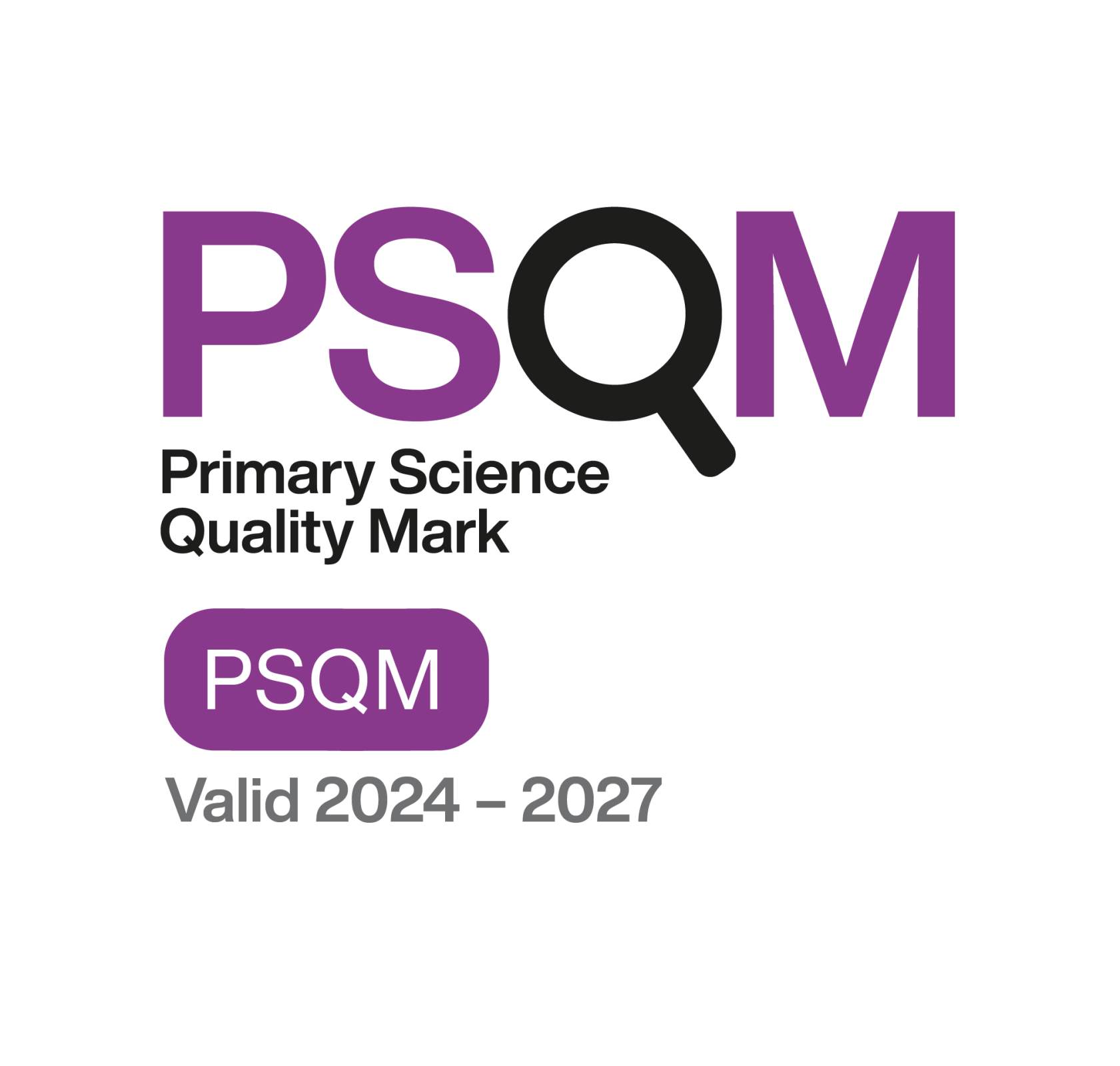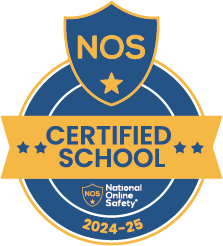Writing
At Woodstock we are writers...
Our 4 key drivers of our writing intent:
1. Enjoyment
2. Stamina
3. Independence
4. Ambition
Subject and Intent
At Woodstock we believe all pupils should have the opportunity to reach their full potential; to ensure this happens we provide:
- opportunities to a great variety of diverse, high-quality texts
- frequent reading within the classroom
- a structured approach to the development of phonics, handwriting and spelling
- a high standard set for oracy within the whole of our curriculum that supports pupils.
The Talk for Writing process is used to support children’s oracy and builds this into their composition for writing. English enables us to express ourselves and is at the root of all pupils learning, skills are developed with cross curricular applications, therefore it is essential that all children are enthused, engaged, and enabled to do their best. They are motivated to write with authentic audiences in mind.
Writing
At Woodstock we teach writing for all narrative units using the Talk for Writing approach which is based on the principles of how children learn. It enables children to imitate the language they need for a particular topic orally, before reading and analysing it, and then writing their own version. It ensures progression across year groups and allows us to develop the essential oracy skills and vocabulary knowledge our children need to become successful writers. For non-fiction writing, children write for authentic audiences and are given opportunities to write across the curriculum, learning technical language and writing for a range of purposes.
- In EYFS, children will develop their gross and fine motor skills to prepare for writing, through opportunities in the learning environment that encourage independent mark making and early writing. Children are taught letter formation discretely in their phonics lessons.
- In Key Stage 1, children continue to learn spelling and letter formation discretely in their phonics lessons and once they have successfully completed the RWI programme they progress onto Oxford Owl spelling.
- By Key Stage 2, children will have developed their writing skills so that they are able to write longer pieces with accurate spelling and simple grammar. In Key Stage 2, they will learn to manipulate vocabulary and grammar to suit a wider range of audiences and purposes. They will also develop their ability to proofread and edit their work independently.
Oracy
Children will be given regular opportunities in English lessons to share their ideas, present to others and perform.
- In EYFS, children will be expected to listen and respond appropriately and ask questions.
- In Key Stage 1, children will begin to share their own ideas and give opinions.
- In Key Stage 2, children will be able to present to a larger group and later to the whole class, clearly and articulately, and develop their ability to debate and speculate. They will learn to use standard English appropriately and use the correct register for their audience.
Throughout their time at Woodstock, children will learn a range of poetry off by heart.
Oracy context
- At Woodstock we believe that every voice matters, and every voice is important. Throughout the curriculum we aim to build in as much child talk as possible. Using Voice21 materials to develop oracy within our school; there is a greater understanding of how to teach oracy and listening.
- “You cannot write it if you cannot say it.” - Pie Corbett. The T4W approach to writing allows children to internalise a range of texts and sentence structures, building their confidence.
- We have developed strategies in how to use talk effectively across the curriculum; we aim to have less teacher talk and give children more ownership of their learning using strategies such as: concept cartoons, describing to a partner, giving children a story map and key vocabulary and explaining it to a partner.
Oracy content
Children are provided with ample opportunities to discuss their learning with their partners or on their tables, for example:
- talking to talk partners about their learning
- retrieval activities
- discussing a point that has been made, what do they already know? Do they agree? Do they disagree etc.
- describing an image to their partner for their partner to either draw or guess it and many more.
Children also have the opportunity to build and develop each other's answers during their learning task using sentence stems.
An overview of what will be taught:
- Discussion and debate
- The guidelines around discussion
- Collaboration
- Spoken language skills.
- Talk for Writing
- Reasoning
- Performance
- Reciting poetry
- Sentence stems
- Opportunities to rehearse
- The skills of good and effective listening
Oracy inclusivity
- Interventions to build on literacy difficulties, such as Dyslexia Gold.
- Use strategies such as modelling, demonstrating, and imitating in understanding the step- by-step processes.
- Support for EAL pupils with interventions based around Phonics and Visuals in home language created for pre learning and key vocabulary within the classroom.
- Using T4W to include all learners.
- Sentence stems to support and scaffold.
Transcription
Transcription context
- To ensure consistency across the school, we use the RWI spelling scheme (Oxford Owl) in Y2-6.
- This is to ensure a consistent approach for the children and adults. Spelling is taught explicitly for 20 minutes 4 times weekly and statutory words are practised in pupils learning and displayed on working walls.
- Pupils are encouraged to check their spellings within their learning and spelling corrections are a non-negotiable and pupils practise these three times. This expectation extends through all books that pupils write in including mathematics. This is to ensure that misconceptions are identified early and do not become endemic errors leading to poor writing outcomes.
- To ensure that pupils know what is possible in written language, the teaching of grammar is an integral part of ensuring that pupils can use language with intent and effect for any purpose and in all circumstances. Teachers teach how to use language to achieve our intentions – working with pupils so that they can organise words and sentences to make the audience notice, feel, see, or imagine.
- High expectation in presentation develops pupils’ ability to produce neat and joined handwriting consistently. An emphasis on using a clear step to success ladder of agreed criteria for pupils to work towards, the expectation to present their learning neatly and consistently, has greatly increased. Our intent is for pupils to aspire to attain their pen license and have pride in the learning they produce through demonstrating, across all subjects, that the steps to success have been met.
- A clear policy for teaching handwriting from EYFS to Y6 has been implemented in the school to ensure consistency and progression in handwriting.
Transcription content
- Grammar will be taught explicitly within the context of reading and writing, starting with identification in reading and bridging through to application in writing.
- Specific punctuation is identified in the progression document ensuring that teachers build on prior learning to teach something new. It is explicitly taught within the context and across the curriculum.
- Discrete lessons may be appropriate for grammar and punctuation if an objective is particularly challenging for pupils if something is being revised or if assessment for learning has highlighted a particular issue. The English Progression outlines the objectives that should be taught discretely.
- The correct terms for grammar and punctuation as found in the national curriculum should be used e.g., conjunctions or adverbs instead of connectives.
- GPS practise papers to prepare pupils for the GPS KS2 sats.
- Handwriting 4 times weekly – modelling, development of pencil grip, intervention, use of scheme, progression to pen.
- Letter formation is also taught as part of the RWI phonics programme.
- Spelling – discrete teaching of 15 minutes 5 times weekly, intervention and support, taught in context, spelling books provide ongoing record of improvement to show progression which is assessed half termly.
Transcription inclusivity
- Provide visual aids.
- Provide a word and/or picture bank to refer to during guided and independent activities.
- Use strategies such as modelling in understanding the step- by-step processes.
- Interventions to build on literacy difficulties such as – Dyslexia Gold
- Learners will build fine motor skills through engagement and evidence-based interventions such as South Warwickshire handwriting program, bubble writing program.
- The snip programme to support learners.
- Children continue to use spelling chart and sound mats to support with spelling.
Composition
Composition context
- The curriculum for English is clearly sequenced, using high quality texts to motivate and inspire.
- Pupils are exposed to quality writing models that provide them with the knowledge that will allow them to become confident writers with an understanding audience and purpose.
- Pupils will develop their ability to write extended pieces across different subjects applying skills they have acquired and magpie from texts and well-known authors.
- The children have opportunities to understand the genre they are writing, plan their own writing and the skills needed to edit and improve their work.
- Pupils will be given the opportunity to apply the skills they have learnt in grammar to their writing. This should be done through shorter writing opportunities before an extended piece. Some genres of writing may require more lessons and more grammar focus lessons; teachers are to decide how long they need for each writing unit.
- The launching of the genre or text- will link to oracy (debates / predictions)
- There will also be a hook for their learning e.g., finding dragon eggs on a field- children then write a newspaper, interviewing a significant figure- children then write a biography.
- To broaden understanding pupils will dig deeper- key features of text/ word banks of vocabulary.
- To secure an understanding of grammar, teaching will be explicit and reviewed through retrieval and AFL.
- Knowledge organisers support pupils with prior knowledge, context and vocabulary required to help them to access the genre and context.
- Planning will reflect what the pupils’ gaps are and what they need to learn to make good progress.
- The approach to writing offers the children the opportunity to delve deeper into a text/genre and have sufficient practice of grammar skills so that they can apply the knowledge they have learnt.
- Marking and feedback will notice misconceptions more readily and formative assessment will be used effectively.
- Regular CPD and moderating with other schools will enable teachers to deepen their knowledge and understanding of what good writing looks like and will have impact on pupil outcomes.
Composition content
- The classroom environment – working wall – will show the toolkit for that learning journey. They should include Magpie vocabulary (exciting language from the text or created surrounding the chosen text) and Spelling Zone words (red and orange words) taken from the RWI spelling scheme.
- A range of teaching approaches to engage pupils in units e.g., debate, drama, hot-seating, visualisation, use of outside space and visual clips.
- A hook at the start of each unit to engage and stimulate ideas.
- Application of the complete talk for writing process for all fiction writing
- A wide range of genres as sequenced and mapped on the English overview, including opportunities to apply writing across the curriculum (For example, science explanation in science).
- Authentic audiences for each outcome, provide real motivation for writing.
- Opportunities to read writing aloud to peers and an audience.
- Time to self and peer edit work before publishing should be built into the planning sequence. Pupils use purple pens to edit and improve.
- Perform, share, and evaluate with audience.
- Explicit teaching of planning their writing, which may include story maps, group plans or class plans on the learning wall.
- Teachers model writing each time the children write. This could be a ‘think aloud’ model or shared writing and should be displayed.
- Whole class oral feedback should be given at the beginning of each writing session based on previous lessons writing e.g. Some of your writing is repetitive, let me show you how to start sentences in different ways. Let’s practise using the correct homophone there or their as many of us made this mistake in our writing yesterday.
Composition inclusivity
- Discuss and display and key vocabulary together with its meaning.
- Provide visual word banks if necessary.
- Embed the vocabulary by referring to it regularly.
- Knowledge organisers are used and referred to these are visual and simplified with relevant information only.
- Scaffolded learning around large tasks using task planners.
- Differentiated task that enables learners to engage in English at their own ability.
- Planning of all the above evident through medium- and long-term plans.





 ↑
↑


